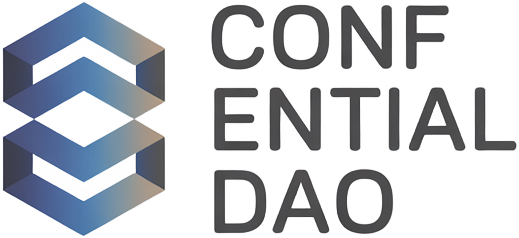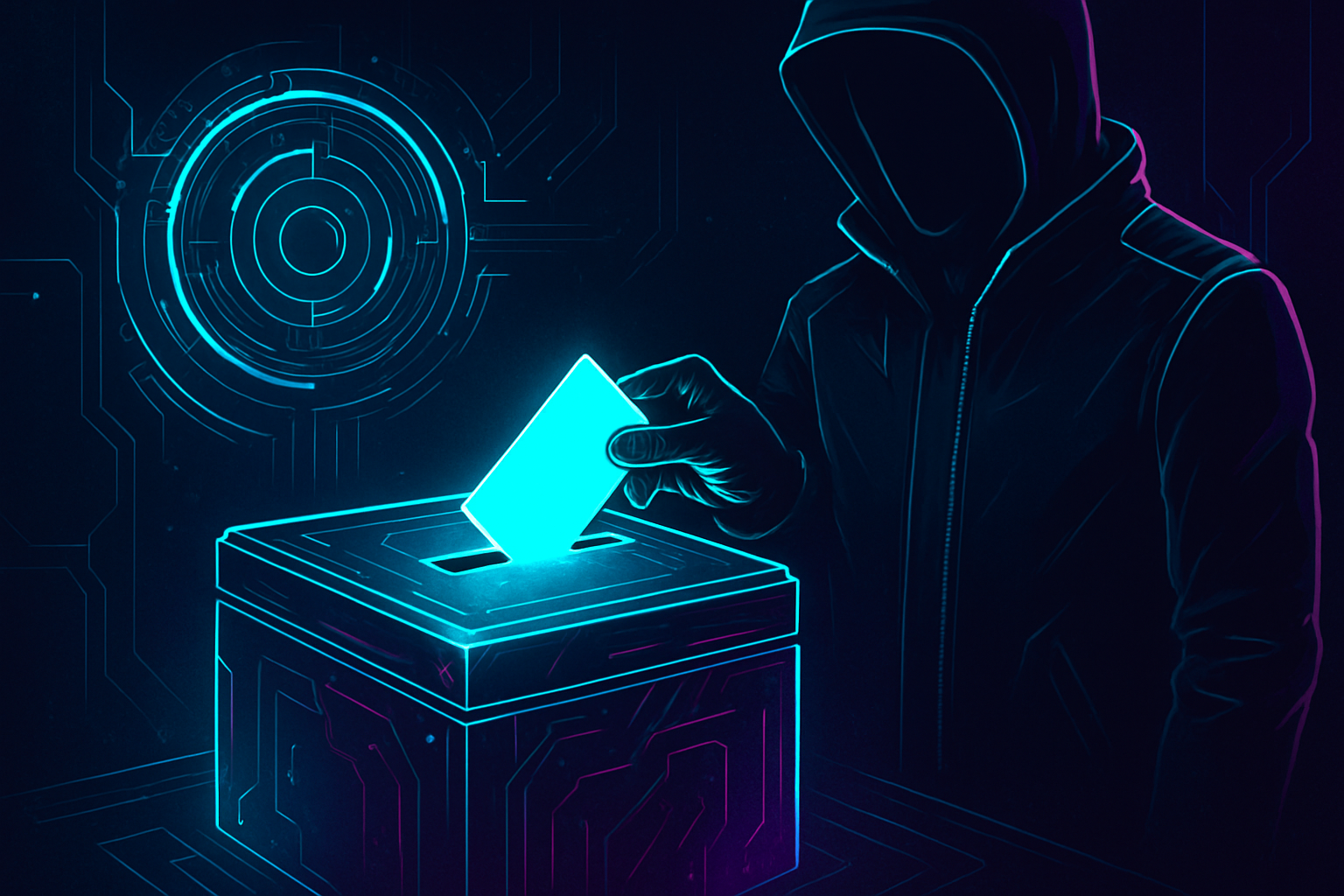
Confidential voting systems are rapidly reshaping the security landscape of DAO governance. As decentralized organizations mature, the risks of transparent voting – from voter coercion to vote buying and herd behavior – have become impossible to ignore. The answer? Advanced cryptographic solutions that make every ballot private, yet verifiable.
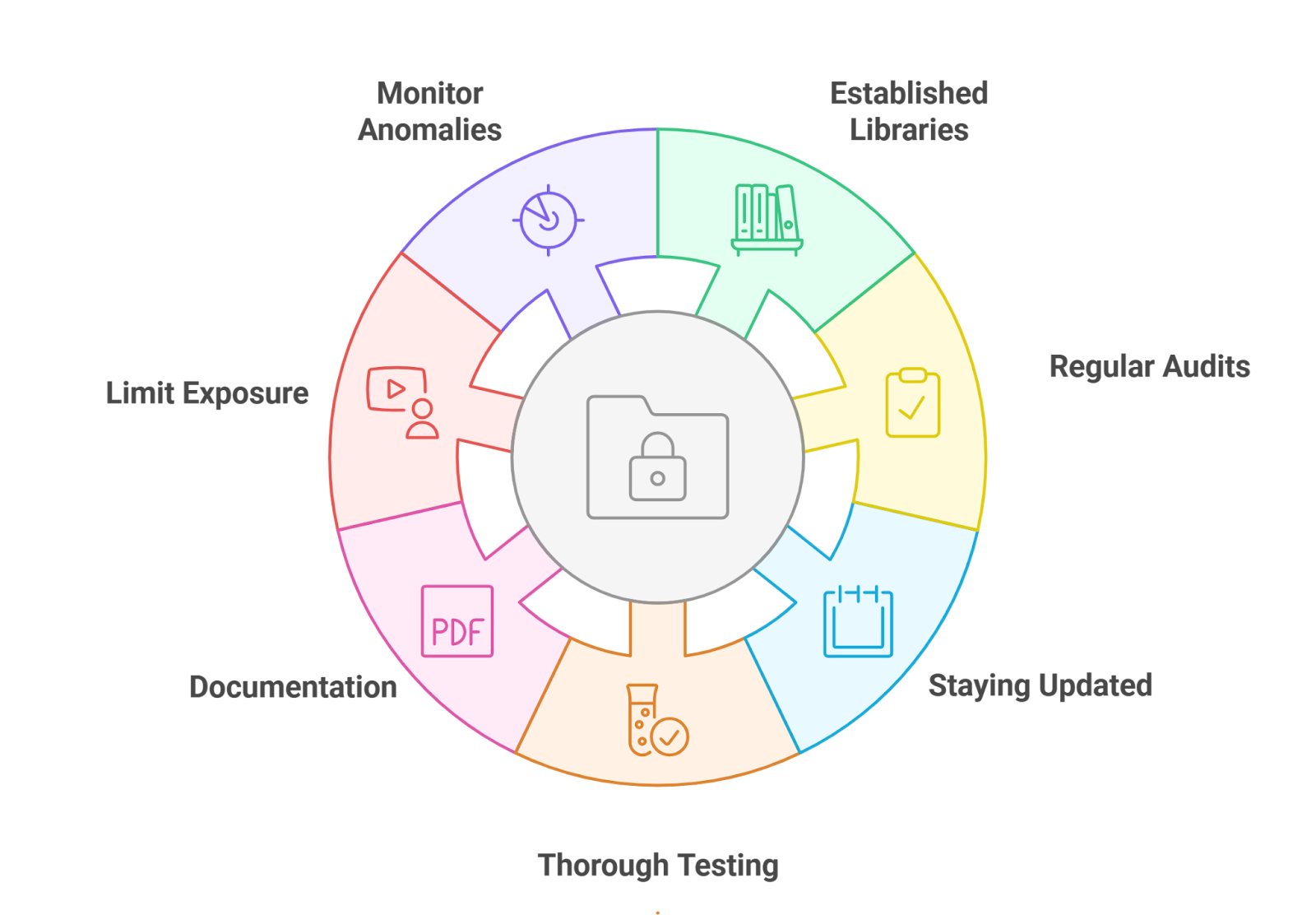
Why Confidential DAO Voting Matters
In traditional DAOs, votes are often cast on-chain and made public in real time. This transparency, while well-intentioned, opens the door to manipulation and social pressure. Members may hesitate to vote honestly if they fear retaliation or want to follow the majority for political safety. Worse, open ballots enable bad actors to buy votes or coerce participants, undermining the very ethos of decentralized governance.
Confidential DAO voting flips this paradigm by encrypting individual choices until after polls close. This not only protects voter privacy but also ensures decisions reflect genuine community sentiment rather than external influence. As highlighted by recent research (see more here), private voting unlocks more honest participation and dramatically reduces corruption risks.
The Rise of Shielded Voting Mechanisms
The most popular approach today is shielded voting. In this model, each vote is encrypted during the active period and only decrypted after the final tally. This prevents members from being swayed by early results or targeted for their choices. Platforms like Shutter have pioneered shielded voting on Snapshot, now used by over 600 DAOs with more than 298,000 votes encrypted to date.
The benefits are clear: confidential ballots foster autonomy and reduce manipulation risk. But implementing such systems securely at scale is no trivial feat – it requires a blend of robust encryption and careful protocol design.
Key Advantages of Confidential DAO Voting Systems
-
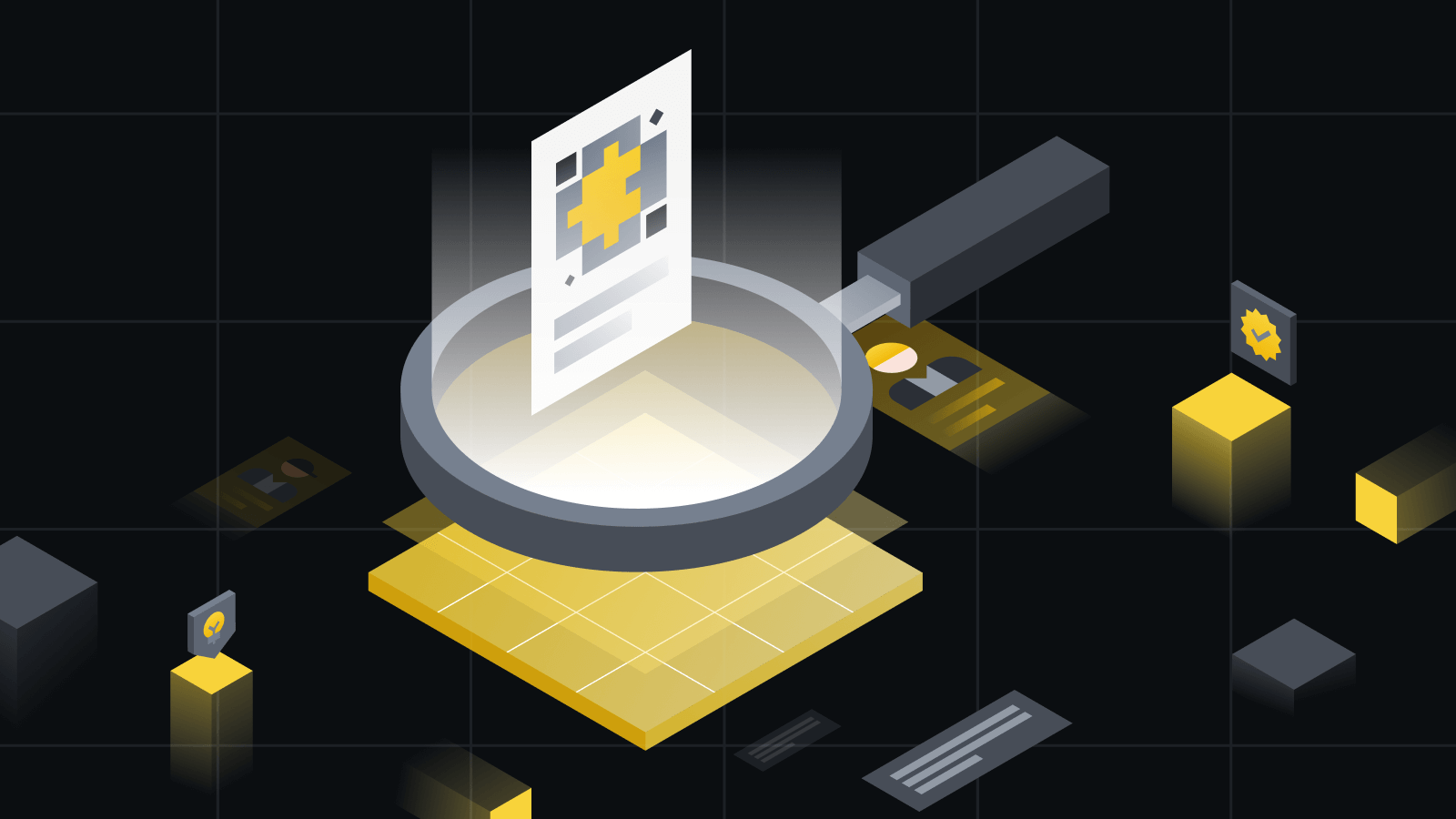
Enhanced Voter Privacy: Confidential voting systems, such as those using Zero-Knowledge Proofs (ZKPs) and homomorphic encryption, ensure that individual votes remain private, preventing exposure of voter choices and reducing risks of coercion or retaliation.
-

Protection Against Manipulation: By encrypting votes during the voting period—as implemented in Shutter’s Shielded Voting—these systems prevent real-time result visibility, minimizing herd mentality, vote buying, and undue influence.
-
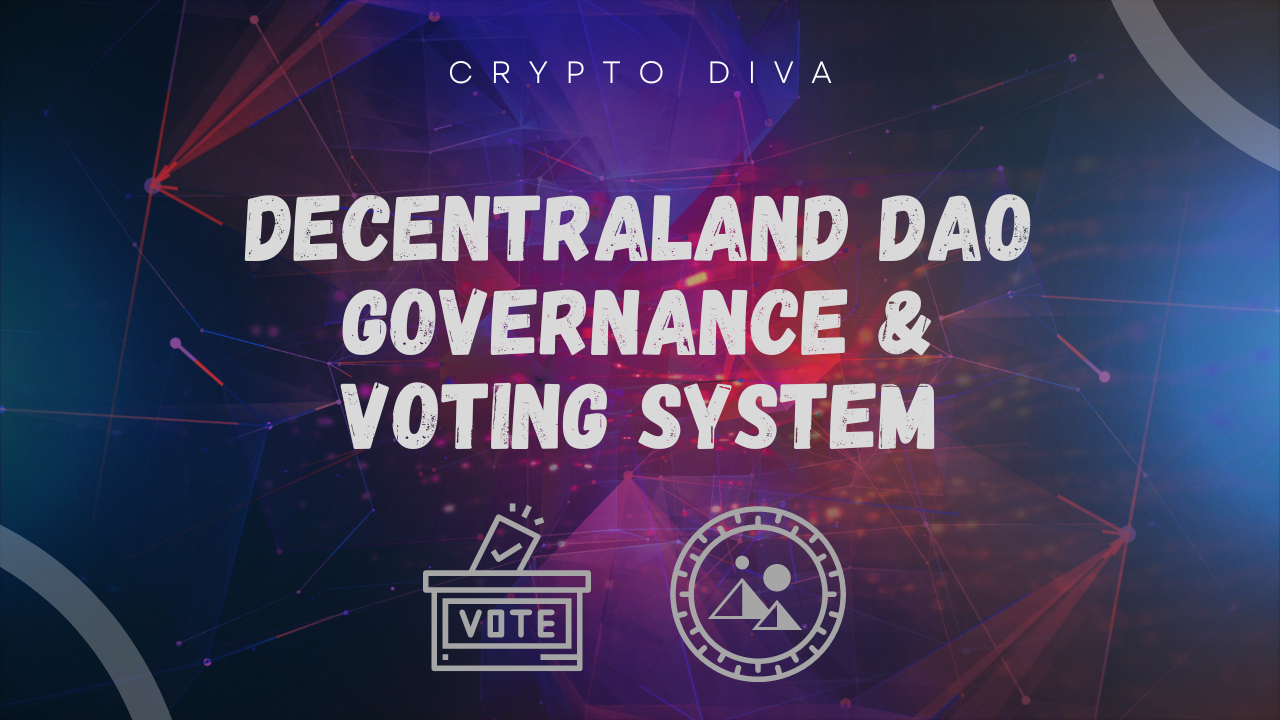
Increased Voter Participation: With privacy assured, members are more likely to participate honestly and freely, as seen in Decentraland DAO’s proposal for shielded voting to foster open, unbiased engagement.
-
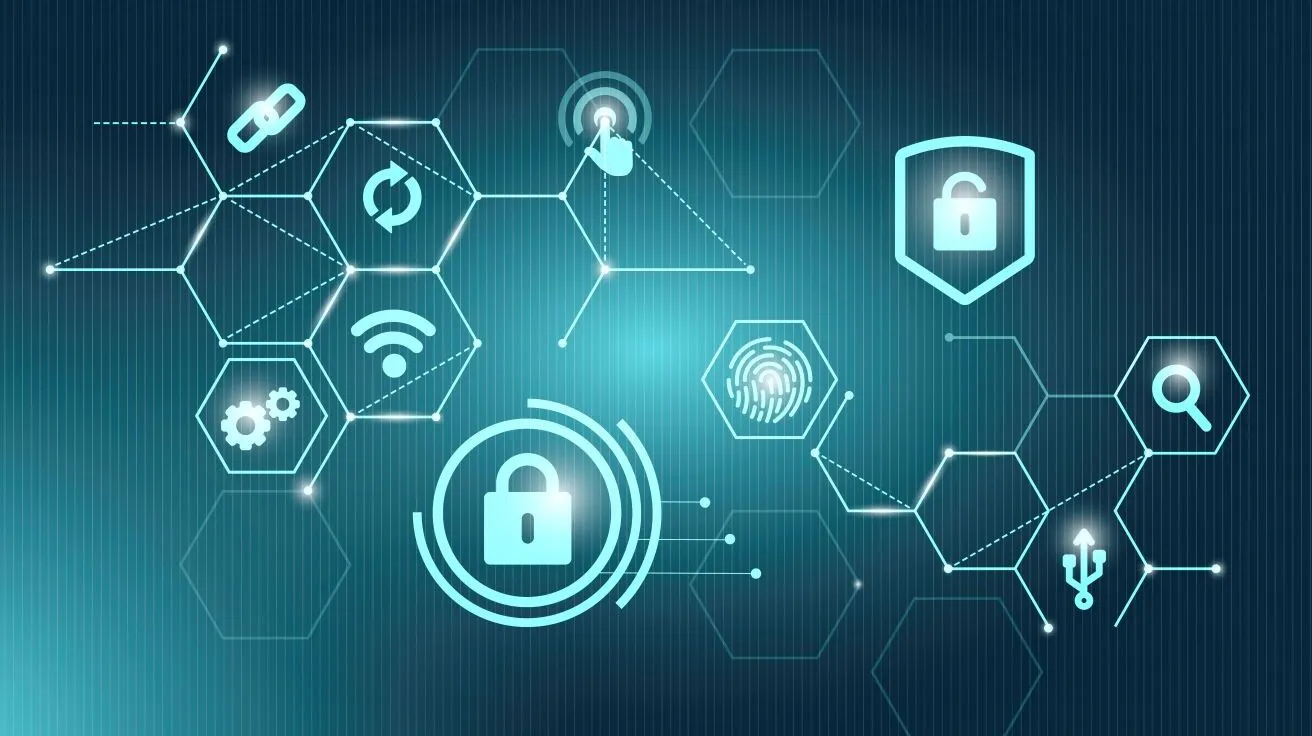
Verifiable Yet Confidential Tallying: Advanced cryptographic methods like ElGamal-based homomorphic tallying allow for transparent vote counting without compromising voter anonymity, ensuring both trust and privacy.
-
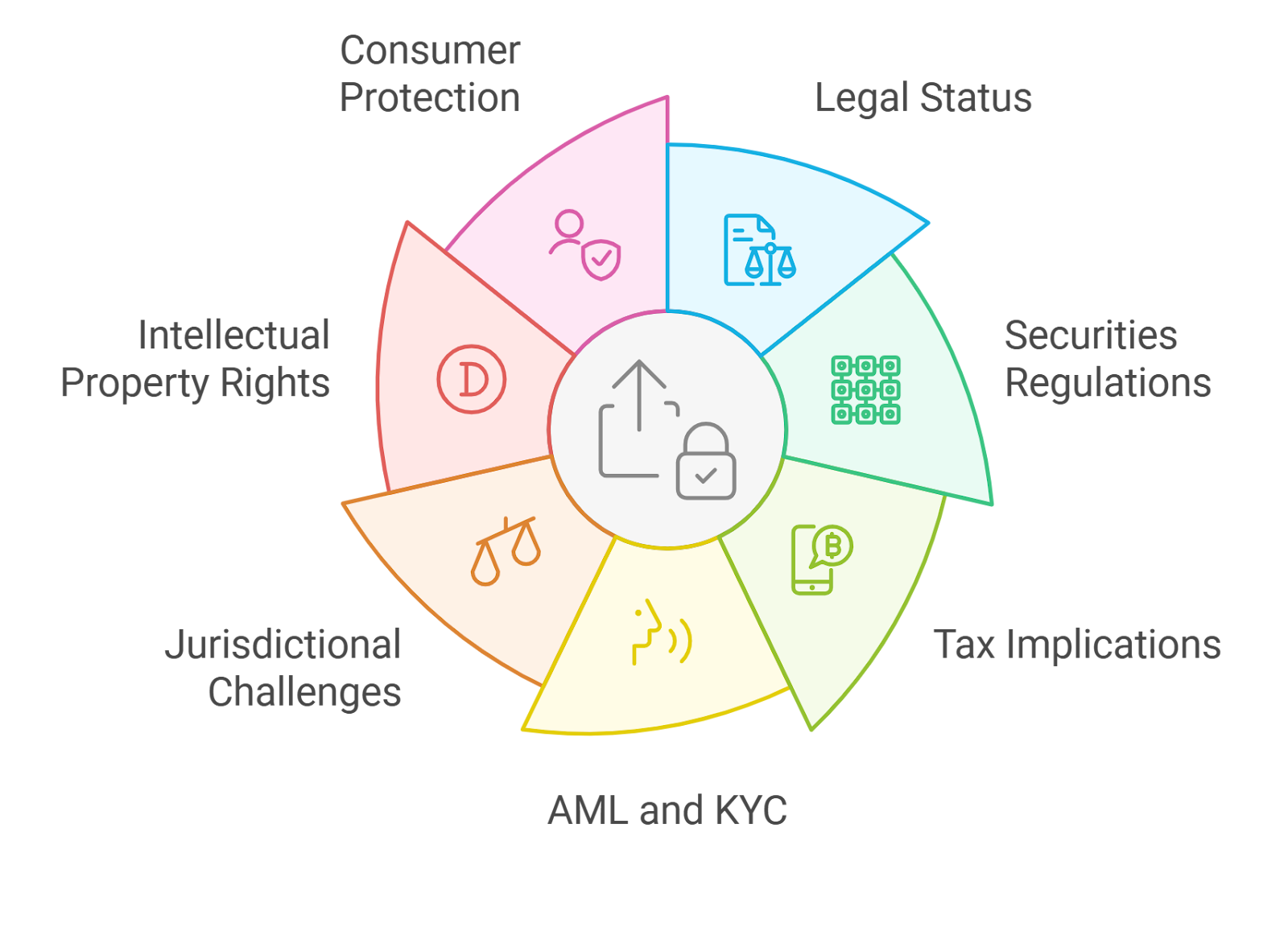
Strengthened Governance Security: Confidential voting systems reduce vulnerabilities to Sybil attacks and manipulation by integrating privacy with mechanisms such as reputation-based verification, enhancing the overall integrity of DAO governance.
Advanced Cryptography: Zero-Knowledge Proofs and Homomorphic Encryption
The backbone of modern private DAO governance is advanced cryptography:
- Zero-Knowledge Proofs (ZKPs): These allow voters to prove their ballot is valid without revealing its content. In effect, you can demonstrate your right to vote and that your choice fits protocol rules – all without exposing your selection.
- Homomorphic Encryption: This technology permits computations (like tallying) on encrypted data directly. Votes remain secret throughout counting; only the aggregate outcome is revealed at the end.
Suffragium and Shutter’s ElGamal-based solutions exemplify how these techniques are being combined for bulletproof privacy in live DAOs (learn more about encrypted on-chain governance here). By leveraging both ZKPs and homomorphic encryption, DAOs can maintain trustless verifiability while keeping every ballot confidential.
Implementation Challenges and Real-World Progress
No solution comes without tradeoffs. Confidential voting systems introduce computational overhead that can impact scalability – especially as homomorphic encryption remains resource-intensive even with recent advances. There’s also an ongoing challenge in balancing transparency (for auditability) with privacy (for voter protection). Sybil attacks remain a concern if anonymity isn’t paired with robust identity or reputation mechanisms.
Despite these hurdles, adoption is accelerating across major DAOs like Decentraland, which recently proposed integrating shielded ballots for fairer outcomes. The momentum suggests we’re entering an era where verifiable confidential voting becomes not just a security upgrade but a new baseline for decentralized governance integrity.
As more DAOs recognize the necessity of privacy, the landscape for DAO privacy solutions is evolving rapidly. Projects are iterating on user experience, gas efficiency, and seamless integration with existing governance frameworks. The next wave will likely see confidential voting as a default feature, rather than an optional upgrade, especially as regulatory and reputational pressures mount in the web3 space.
One of the most promising developments is the combination of zero-knowledge proofs DAO systems with fully homomorphic encryption (FHE). While ZKPs ensure that only valid votes are counted without revealing voter intent, FHE allows vote aggregation without ever decrypting individual ballots. This synergy enables DAOs to offer both bulletproof privacy and mathematically sound auditability, core requirements for institutional-grade governance.
What’s Next for Confidential Voting in DAOs?
The trajectory is clear: confidential voting isn’t just a technical curiosity, it’s becoming table stakes for credible decentralized decision-making. As shielded voting and ZKP-powered tallies reach production scale, expect to see:
How Confidential Voting Will Transform DAO Governance
-
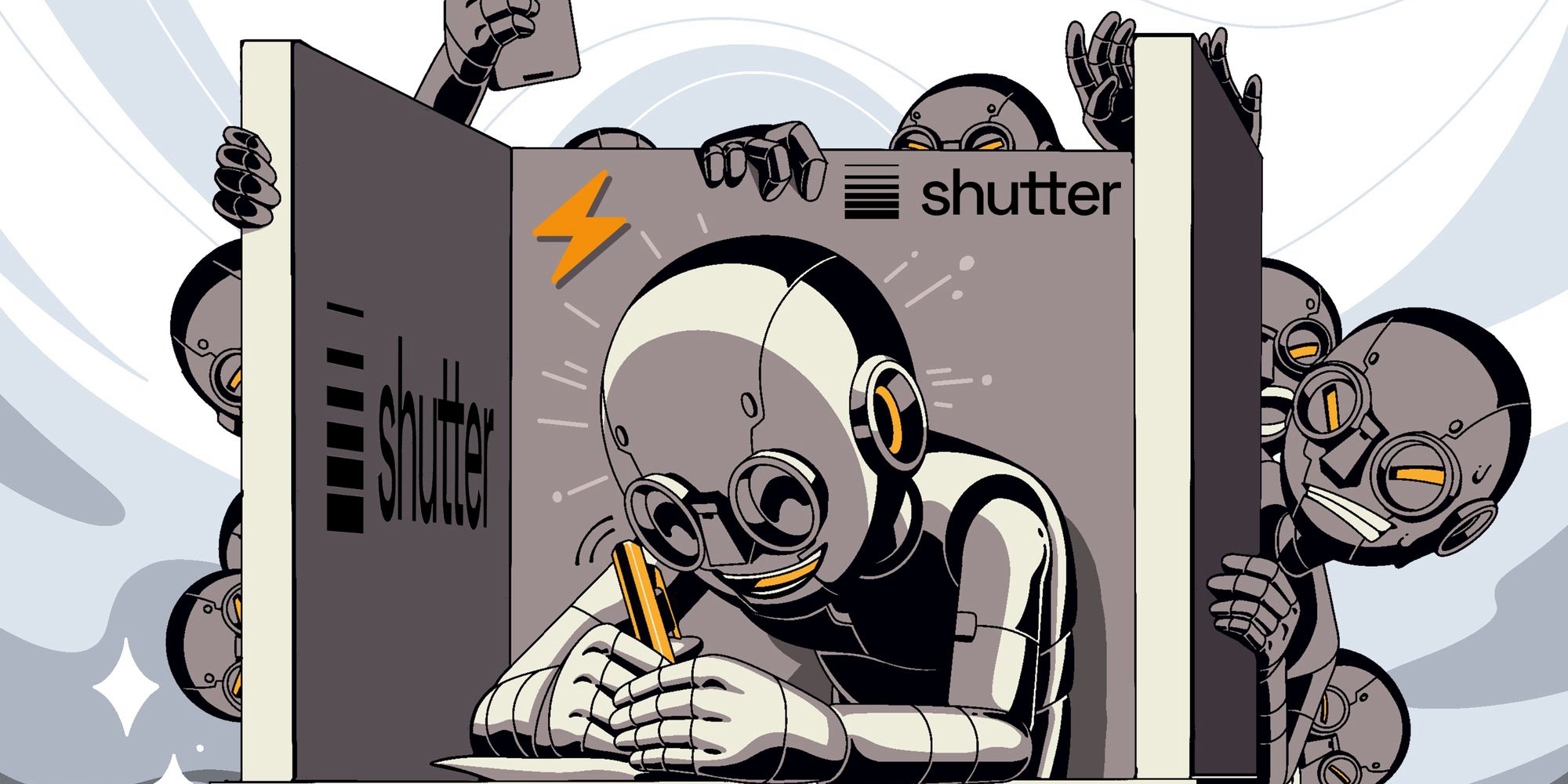
Shielded Voting Adoption Across Major DAOs: Leading DAOs like Snapshot have integrated shielded voting mechanisms, encrypting votes during the process and only revealing results after voting ends. This approach, now used by over 600 DAOs, prevents real-time manipulation and herd behavior, ensuring more independent and honest participation.
-
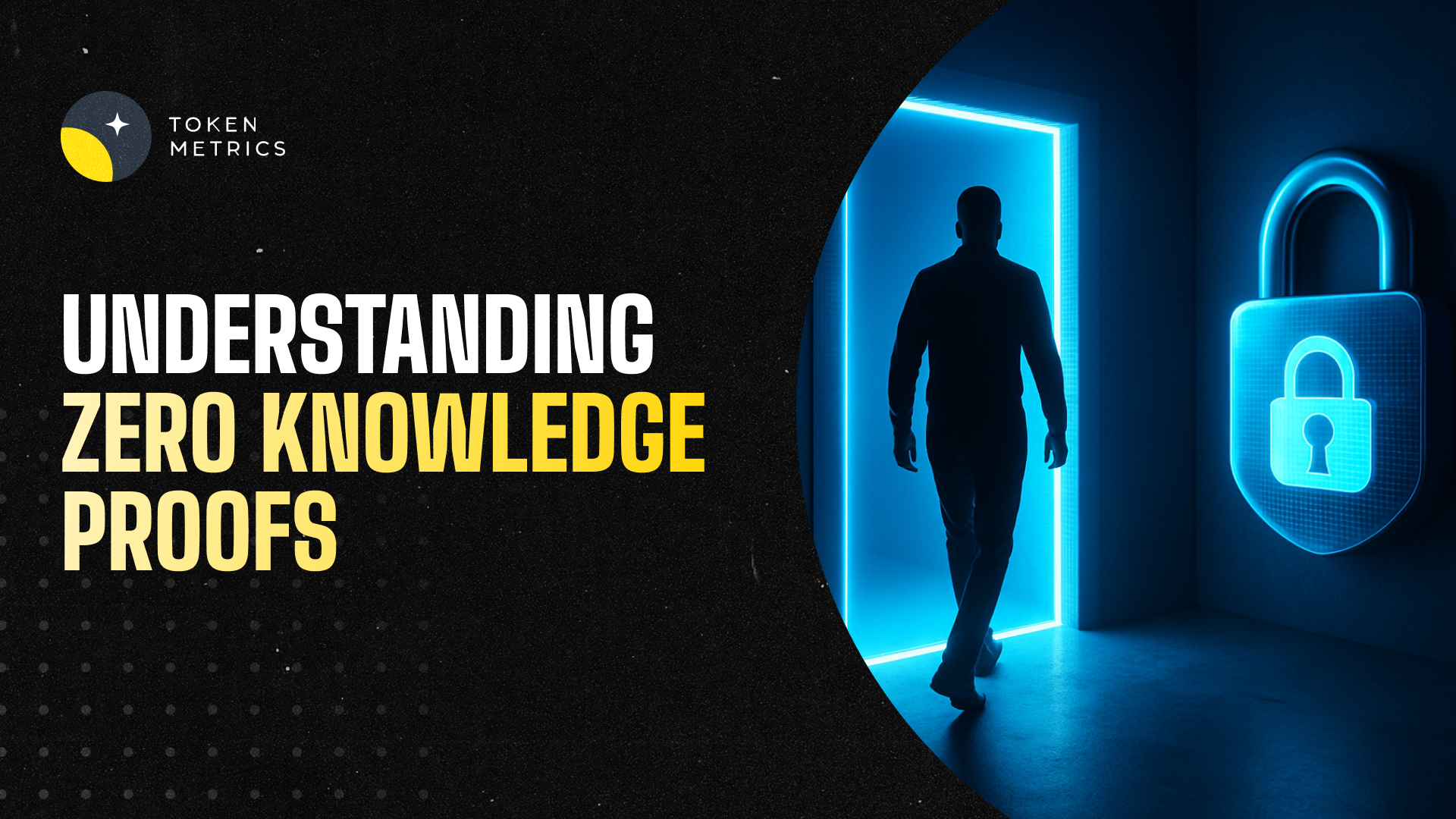
Zero-Knowledge Proofs (ZKPs) for Verifiable Privacy: DAOs are increasingly leveraging ZKPs, which allow voters to prove their eligibility and the validity of their vote without revealing their choice. This cryptographic advance, highlighted by projects like NHSJS, is poised to become a standard for privacy-preserving DAO governance.
-
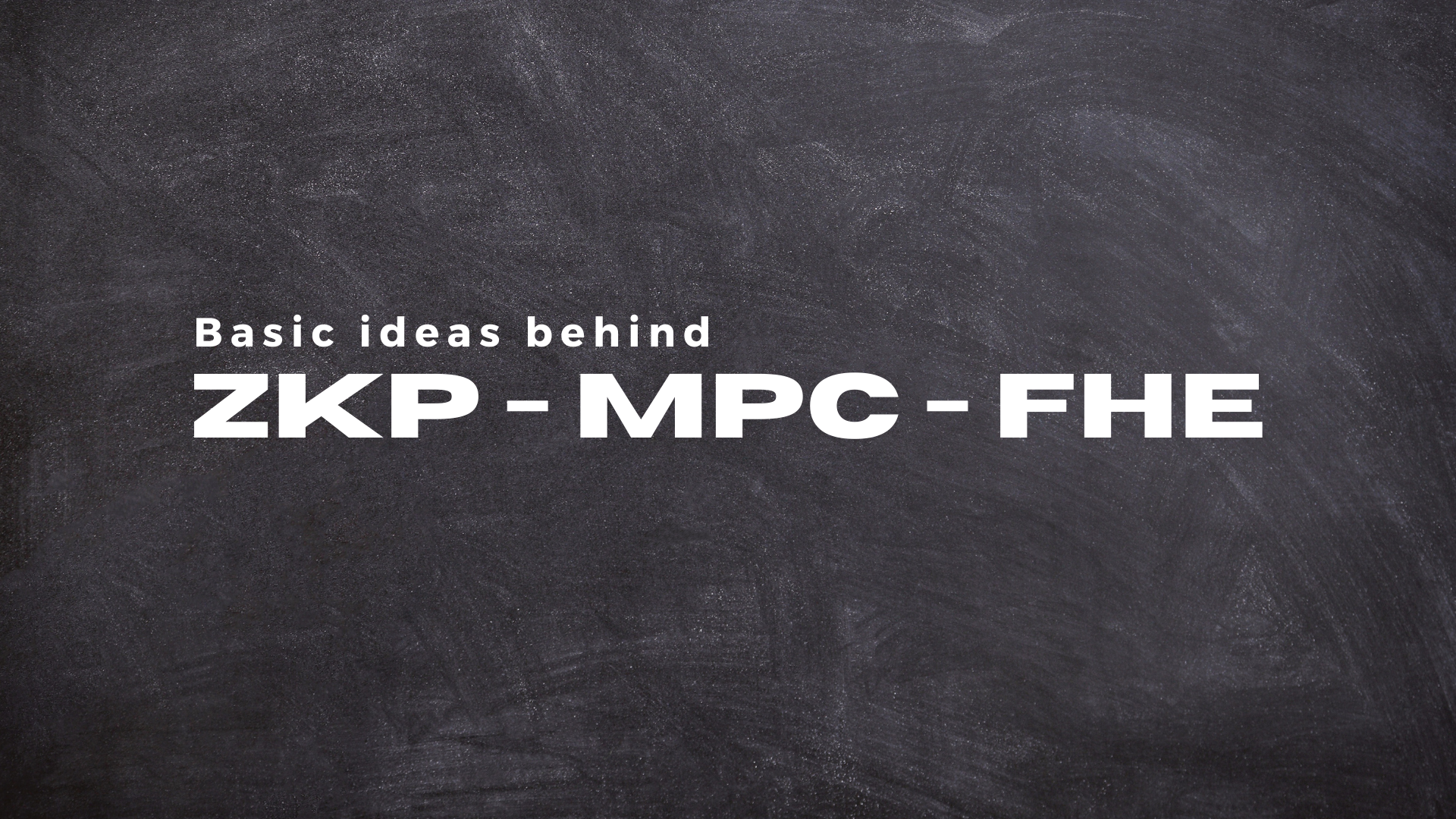
Homomorphic Encryption for Confidential Tallying: Innovations such as Shutter’s ElGamal-based homomorphic tallying enable DAOs to compute vote totals without decrypting individual votes. This ensures permanent privacy while maintaining accurate results, setting a new benchmark for secure on-chain voting.
-
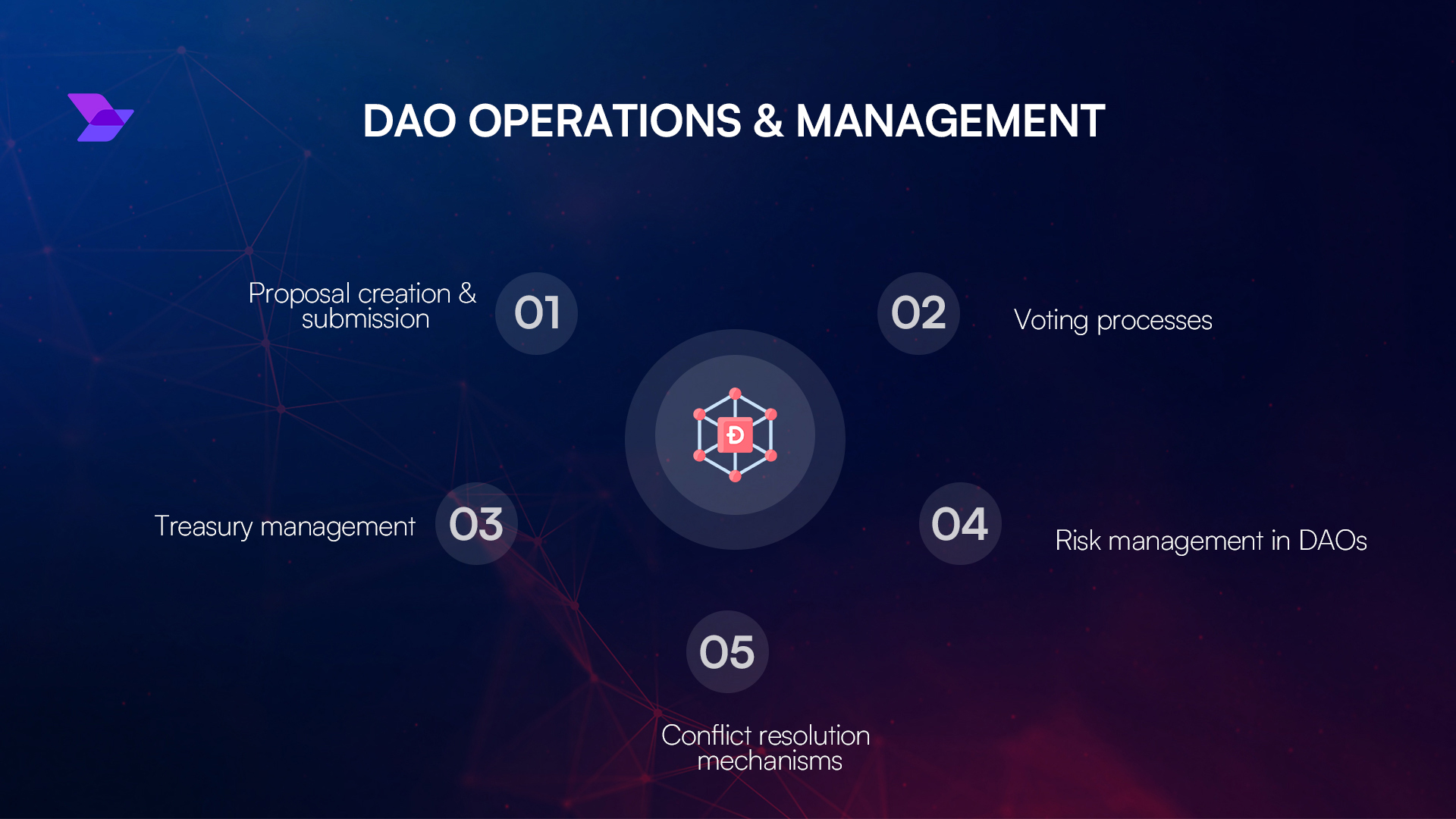
Enhanced Voter Participation Through Privacy: By ensuring that individual votes remain confidential, DAOs like Decentraland are encouraging more members to participate without fear of retaliation or social pressure, fostering a more democratic and inclusive governance process.
-
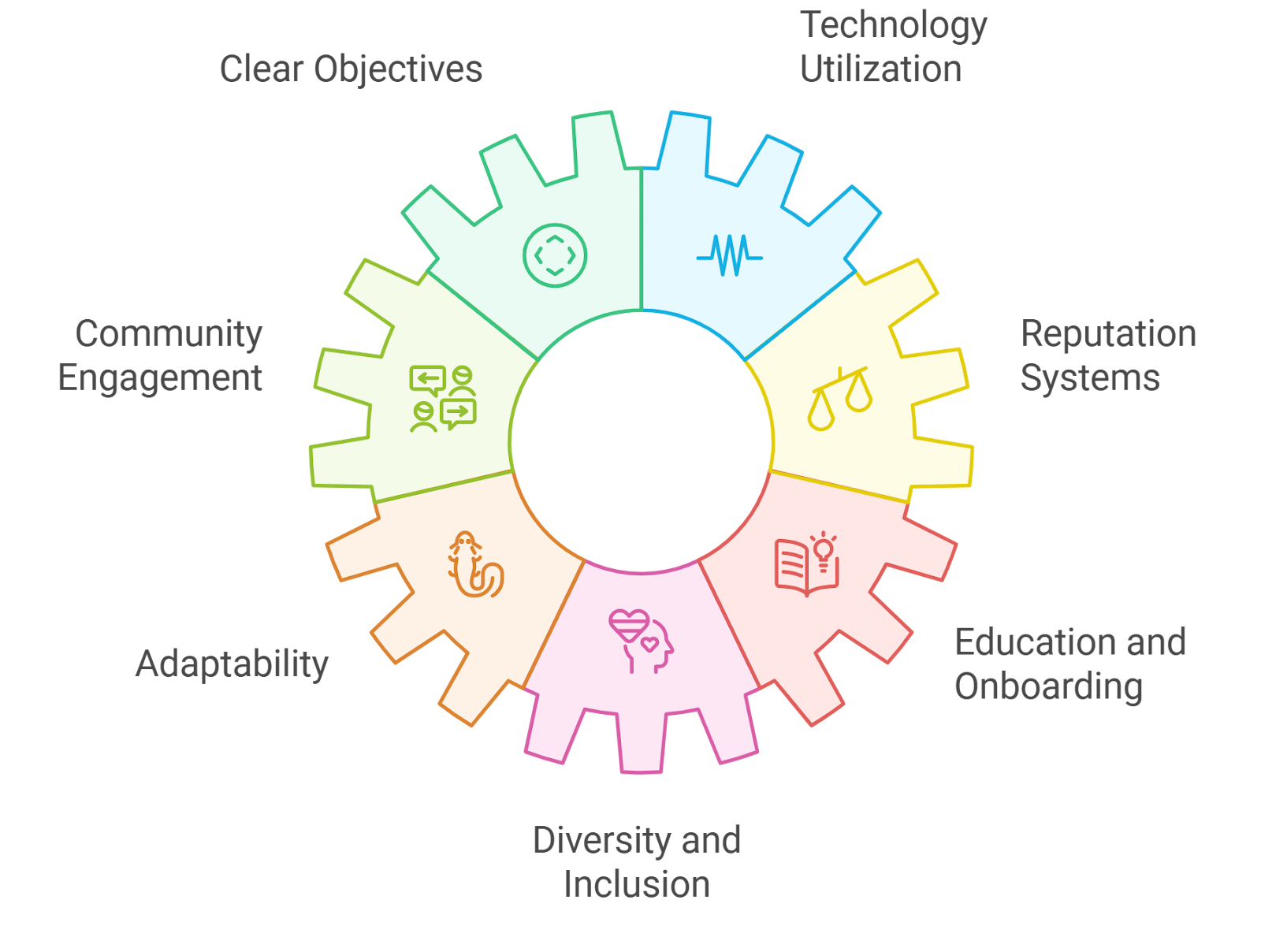
New Standards for Balancing Transparency and Privacy: As confidential voting becomes mainstream, DAOs are developing new frameworks to balance verifiable outcomes with voter anonymity. This includes open-source audits, public cryptographic proofs, and integration with reputation-based systems to mitigate risks like Sybil attacks, as discussed by governance experts on LinkedIn.
However, as adoption spreads, so do questions about inclusivity and accessibility. Ensuring that private voting protocols are easy to use, and don’t exclude less technical members, is just as critical as their cryptographic soundness. User education, open-source tooling, and transparent audits will be vital for maintaining community trust.
Key Takeaways for DAO Builders and Participants
- Confidential ballots protect against manipulation and foster honest participation.
- ZKPs and FHE provide robust verifiability without sacrificing privacy.
- Implementation hurdles remain, but rapid innovation is closing the gap between theory and practice.
- User experience, not just cryptography, will determine widespread adoption.
The bottom line? Confidential voting systems are no longer a futuristic ideal, they’re redefining how DAOs secure their most important asset: collective decision-making integrity. As these tools mature, expect them to become foundational blocks in every serious governance stack.
If you want to dive deeper into how these technologies work in practice or explore case studies of shielded ballot adoption, check out our expanded analysis at How Confidential Voting Systems Are Transforming DAO Governance.
